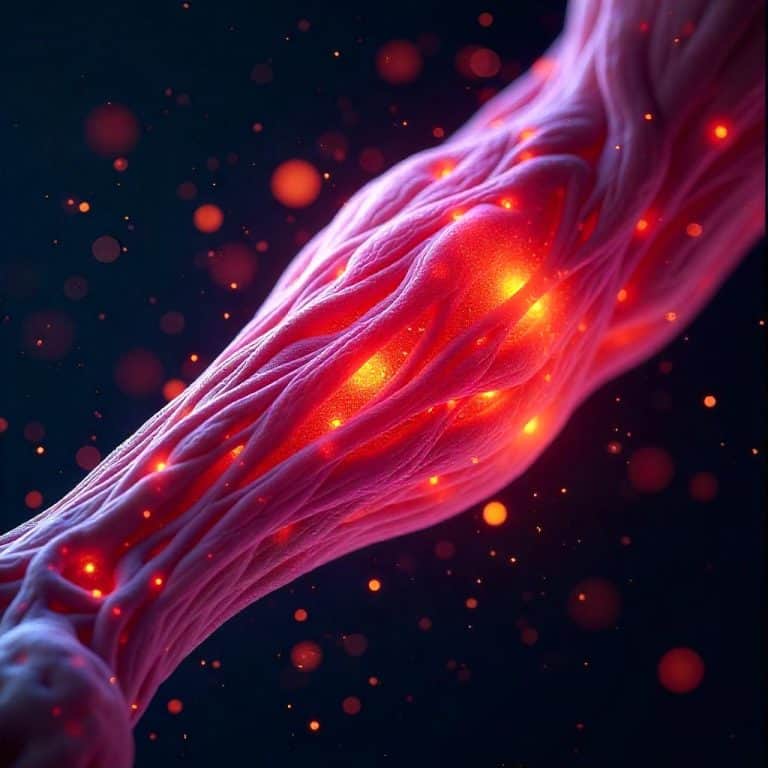Welcome to the Muscle Metabolism Quiz! Have you ever wondered how your muscles get the energy they need to keep you moving? In this quiz, we will explore the fascinating world of muscle metabolism and learn about the different processes that take place to fuel your workouts.
From breaking down carbohydrates to producing ATP, muscle metabolism is a complex and essential process for any physical activity. By understanding how your muscles use energy, you can optimize your workouts and improve your overall performance.
So, are you ready to test your knowledge and dive into the world of muscle metabolism? Let’s get started!
Play Muscle Metabolism Quiz
Instructions
- This quiz is multiple choice.
- Read each question carefully before selecting an answer.
- Choose the best answer for each question.
- You will see the missed questions with correct answers at the end of the quiz.
Quick Facts
- Your body’s “energy factory” is constantly working to break down nutrients to produce fuel for your muscles.
- Protein, carbohydrates, and fats are all essential for providing the necessary energy for muscle function.
- During exercise, your body’s metabolism increases to help deliver energy to your muscles more efficiently.
- Building muscle through strength training can improve your metabolism, helping you burn more calories even at rest.
- Aerobic exercise, like running or swimming, can help improve your muscle metabolism by increasing your body’s ability to use oxygen efficiently.
- Drinking enough water is crucial for maintaining a healthy muscle metabolism, as dehydration can slow down the breakdown of nutrients for fuel.
- Getting enough sleep is important for muscle metabolism, as your body repairs and rebuilds muscles during rest periods.
- Certain foods, like lean proteins and whole grains, can support a healthy muscle metabolism by providing essential nutrients for energy production.
- High intensity interval training (HIIT) has been shown to be effective in boosting muscle metabolism and increasing fat burning.
- Chronic stress can negatively impact muscle metabolism by increasing inflammation in the body and disrupting hormone levels.
Downloads
Study Tips
- Create a study schedule and stick to it.
- Find a quiet and comfortable study environment.
- Remove distractions such as phones and social media.
- Take breaks every 25-30 minutes to avoid burnout.
- Use active studying techniques like summarizing, highlighting, and teaching concepts to someone else.
- Practice retrieval by testing yourself with flashcards or practice quizzes.
- Stay organized with notes, study guides, and resources.
- Stay hydrated and eat brain-boosting foods like fruits, nuts, and whole grains.
- Get enough sleep to improve memory retention and cognitive function.
- Reward yourself for reaching study goals to stay motivated.
